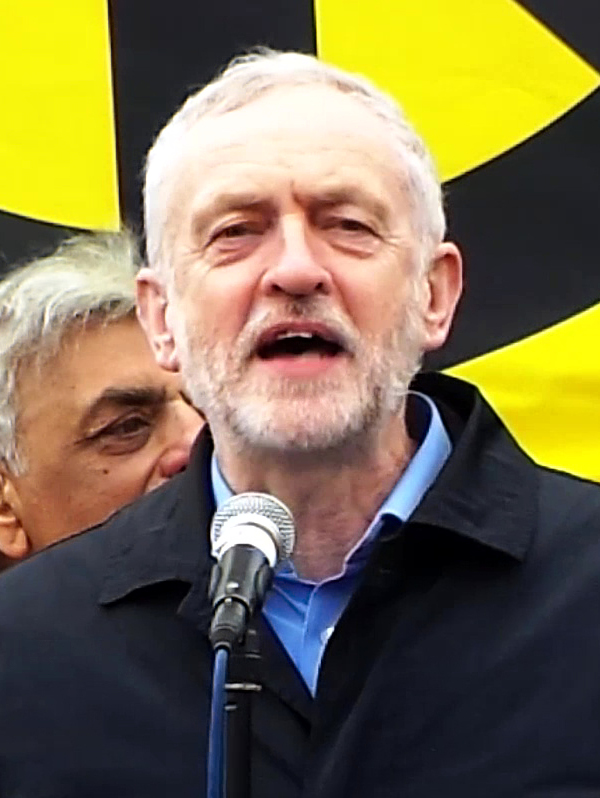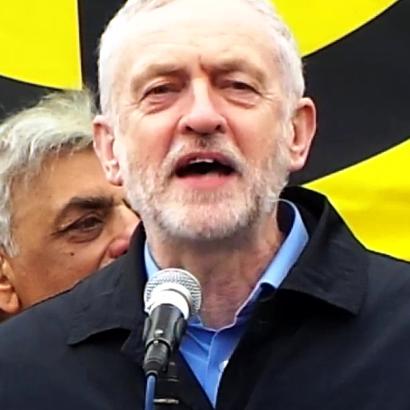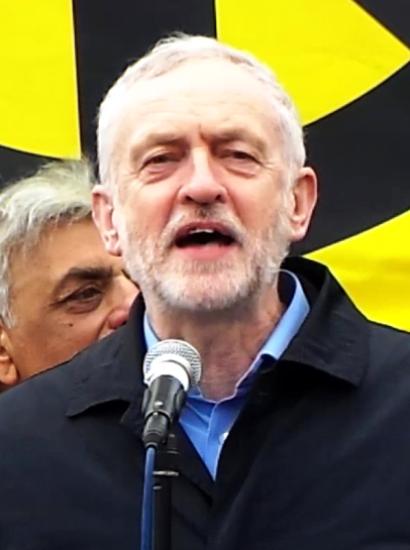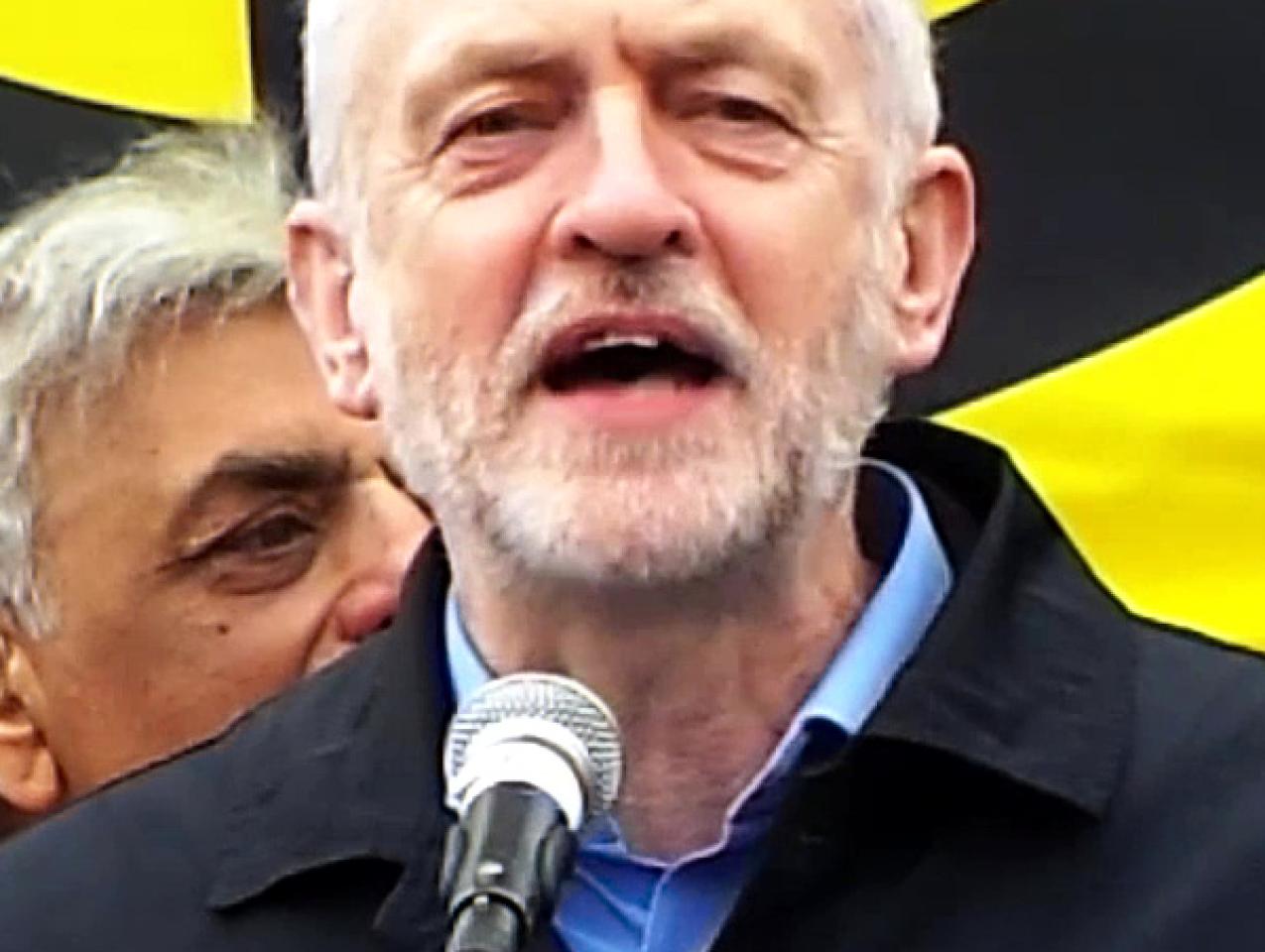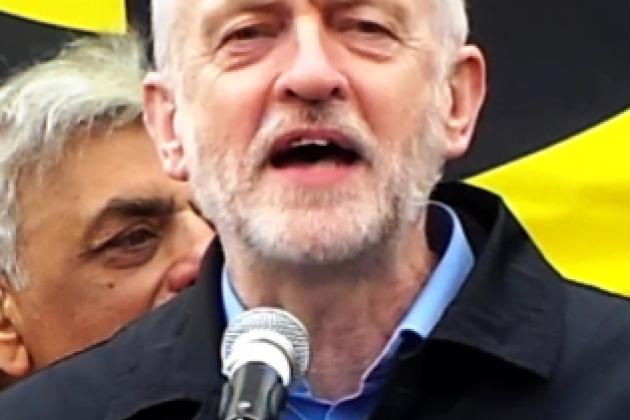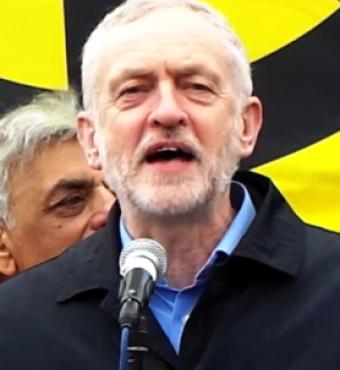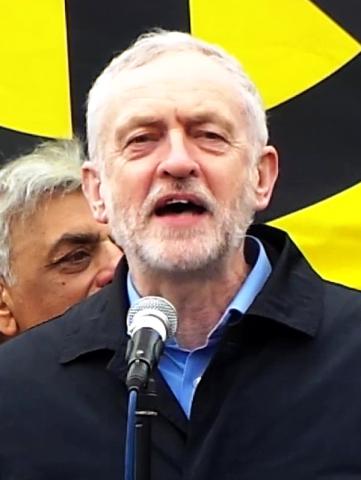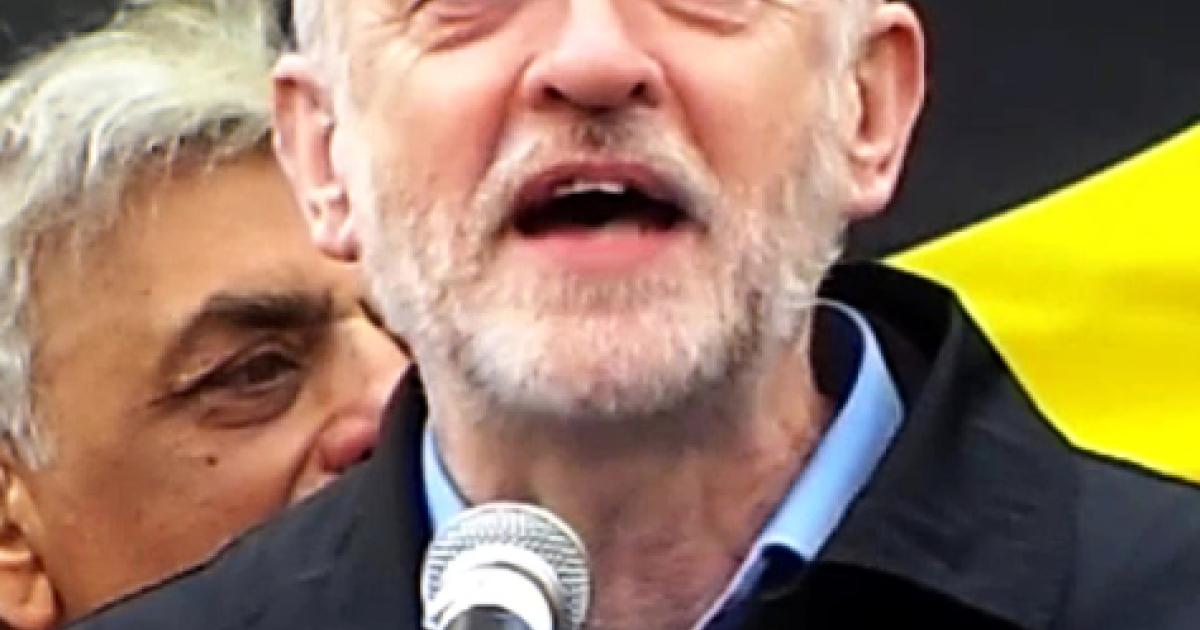Alliances have always been mixed blessings, at least for the strongest members of them. Yes, they add to overall numbers, are good for morale, and permit territory to be used safely that might not otherwise be available. Sometimes they can act as protection, a cordon sanitaire, or—in the case of America’s ally Great Britain during World War II—an unsinkable aircraft carrier. But with those undoubted benefits come drawbacks. Allies join with strategic agendas that might differ from that of the leading power; they can diffuse the central purpose of operations; and—worst of all—they need to be protected.
In retrospect, it would have been better after Saddam Hussein’s invasion of Kuwait in 1990, for example, had President George H. W. Bush not put together quite so broad a coalition of Arab states for the country’s liberation the following year, because they adamantly opposed any question of a drive on to Baghdad to oust the dictator, which would have solved many of the problems bequeathed to Bush’s son and successor twelve years later. In several of Napoleon’s campaigns, the sheer size of the five coalitions formed against him, and especially their complex decision-making bodies, allowed him to slip between their component parts and defeat them in detail. The great French commander Marshal Ferdinand Foch is credited with saying during the First World War—in which he had to deal with the British and Russians as allies—that he admired Napoleon rather less once he realized how unwieldy alliances could become.
In June 1940, after the evacuation of the British Expeditionary Force from Dunkirk and the subsequent Fall of France, which left the British Empire totally alone in the war against Nazi Germany, King George VI even went so far as to write in his diary: “I feel happier now that we have no more allies to be polite to and pamper.”
Yet in the situation the United States has found herself post–World War II, the retention of strategic alliances spanning the globe has been essential, for both fighting and winning the Cold War, for subsequently prosecuting the War Against Terror, and also for facing the emerging threats from a revanchist, irredentist Russia and an increasingly confident and nationalist China. The United States fought all her major postwar struggles—primarily in Korea, Vietnam, Iraq, and Afghanistan—as the leader of a coalition of allies. But the Obama administration has a deeply unimpressive record of nurturing and protecting America’s allies, which are in a worse state of repair than at any time since the Carter administration over a third of a century ago.
Although many Europeans among America’s allies derided President George W. Bush’s administration and opposed his invasions of Iraq and Afghanistan, none doubted his resolve to protect them from Russian or Chinese incursions against their sovereign territory. They were willing to nestle safely under the American umbrella while sneering at the president who obligingly held it over them.
By total contrast, today America’s allies are deeply concerned that American support for them is weak, partial, and hesitant, while continuing to praise President Obama personally. Specifically, the eastern European and Baltic states worry that Obama has been insufficiently tough over Vladimir Putin’s seizure of the Crimea from Ukraine, and not supportive enough of Ukraine in its struggle against separatist rebels who are willing even to shoot down Malaysian airliners (at no cost, so far). They worry whether Obama would support the Baltic states if Putin were to destabilize them, too. In the Middle East, the Israelis, Saudi Arabians, and other Gulf allies of America are also deeply concerned at Obama’s appeasement of Iran and refusal to destroy the Islamic State. In the South China Sea, China’s saber rattling and aircraft carrier-building have left its neighbors deeply concerned, especially as Obama’s much-vaunted “shift to the east” now looks like just so
much verbiage.
The answer to many of these problems is a relatively simple one. Decent, democratic, rich, and stable countries such as Japan and South Korea need to stop taking the American protective umbrella for granted and follow Israel and Taiwan’s example in developing weaponry—including nuclear weaponry—that will protect them regardless of what America might or might not do in a future crisis. If they doubt whether President Obama or his successors would sacrifice an American West Coast city in a nuclear exchange with China over their continued independence, then they must arm themselves appropriately. Article 51 of the United Nations Charter, which provides the right of self-defense, should trump the various nuclear non-proliferation treaties.
Similarly, those NATO countries that doubt America’s willingness to face up to Putin in the event that Russia stokes up irredentist feelings in, say, Estonia—where a quarter of the population is ethnically Russian—should stump up much more money for their defense than the pathetic 1 percent of GDP contributions currently being made by many of them. (Even Britain only reaches her 2 percent target by fiddling with the books, by now including widows’ pensions and the intelligence services.) America will not be any worse off from her allies’ stepping up their contributions in Europe and arming themselves with nuclear weapons in the Far East. Malaysia and Indonesia might need to as well, depending on Chinese foreign policy and naval construction. Indeed, it might reduce the understandable resentment of American taxpayers at shouldering the costs of their allies’ defense.
While America’s global network of alliances has faltered during Obama’s period of retrenchment and retreat, overall it has stayed relatively firm because it is based on firmer foundations than one presidency can affect. However, there is one place where a catastrophic, gaping hole might conceivably be punched through America’s outer defenses, leaving a massive gap in the free world’s line of battle as it faces the increasingly totalitarian Russian and Chinese behemoths and their Venezuelan, North Korean, Syrian, and Iranian sidekicks. Furthermore, it is in a place that everyone has least expected it for the past sixty years.
The election of Jeremy Corbyn to the leadership of Britain’s Labour Party on September 12, 2015, might conceivably pose a greater threat to the US-UK special relationship, the wider Western alliance, and Anglo-American nuclear and intelligence cooperation than anything that has happened since NATO was founded in 1949. Continued British participation in the War Against Terror at all levels—at least on America’s side—is also in profound danger. For the first time in its history, the British Labour Party—the party of Clement Attlee, NATO founder Ernest Bevin, and Tony Blair—has elected a Marxist-Leninist to lead it, and moreover, one who loathes America, NATO, and nuclear weapons.
In Britain, governments lose elections rather than oppositions winning them, and there are any number of ways that the slim majority—only thirteen seats—of David Cameron’s Conservative government could disappear in bye-election defeats or party splits over the coming European Union referendum. Radical proposals on tax credits are about to cost the government popularity, and an economic downturn any time over the next five years would also. If the opposition won the next election, due in May 2020, which has happened in half the elections since 1945, then a man will become prime minister who has vowed to destroy everything for which Britain has stood internationally for over a century.
Consider a few of Corbyn’s public statements, taken almost at random since there are very, very many more of them from which to choose, all of which he still stands by. In August 2003 he said, “There is an overall US strategy of wars for military power, raw materials, and threats.” The next month he accused President George W. Bush of wanting “full spectrum dominance of the globe to ensure that economic power and advantage lie with the corporate America that he represents.” The following March he described Israel as having “a national psychosis against suicide bombers,” and in September 2004 he asked, “Do the neo-cons in the USA have more influence over our international policy than the Labour movement?” That November he said of the Middle East: “It does not take a late-night conspiracy theorist to look at the map of the region and see where oil lies, where the pipelines go, where the US bases are and which countries they do not have any influence over.”
Yet Corbyn is indeed a conspiracy theorist: the following March, after the government responded to a credible threat against British airports from Muslim fundamentalist terrorists, he stated, “The deployment of tanks around Heathrow Airport was aimed at reducing the size of the anti-war movement.” In March 2009 he spoke in public to the Stop the War Coalition about “our friends in Hamas and Hezbollah,” and the following month he added, “The experience of Iraq shows that the US intervention had little to do with democracy and much to do with oil.” In 2011, he described the death of Osama bin Laden as a “tragedy,” and at centenary commemorations of the First World War in July 2014 he spoke of how “the real victors of the war were US bank financiers and arms manufacturers.”
In August 2014 Jeremy Corbyn wrote—like everything else I’ve quoted, fully on the record—that “NATO has been very adept at endlessly reinventing itself as some sort of force for peace. The reality is the opposite.” In the hustings for the leadership election in July 2015, he stated his opposition to Britain retaining her nuclear deterrent, and on the day of his victory he attended a rally in London full of his followers—who are nicknamed “Corbynistas” or “Corbyneros” after the Sandinistas and other anti-American “liberation” fighters—and told them that as prime minister he would not obey calls to “go here, invade there, bomb there, do this, do that,” a reference to the paranoiac assumption on the hard Left that the United States controls British foreign policy.
Of course all this Communist ranting might well mean that Corbyn will never become prime minister, owing to the innate good sense of the British people at the ballot box. He only became leader because of the paucity of other candidates and a massive Communist campaign of “entryism” taking advantage of the Internet—where it was hard to check bona fides—as well as a new, super-low $5 Labour party membership subscription rate. (There were also many Conservatives who joined in order to vote for Corbyn, believing him to be unelectable, including some deluded friends of mine.) Yet his overwhelming victory among the membership—winning 60 percent of the vote, with his nearest rival getting 19 percent—means that he is now only thirteen members of Parliament away from becoming prime minister, in a House of Commons numbering 650.
The United States cannot do anything about a possible Corbyn premiership, of course, but the embassy lines from London to Washington must have been buzzing when he won on September 12, 2015, because such an outcome would take Britain out of the equation when it comes to America’s defense of global freedom. A prime minister who models himself on Daniel Ortega and Hugo Chavez could take the place of pro-Americans such as Winston Churchill, Margaret Thatcher, and Tony Blair. Britain will leave NATO under Corbyn, abandon its nuclear deterrent, and possibly even aid Corbyn’s openly avowed “friends” in Hamas and Hezbollah. This is not some kind of far-fetched paranoid fantasy of a TV drama; this is the stuff of actual day-to-day politics in London right now.
What can the United States do to protect her allies? She can encourage them to defend themselves better by developing nuclear weaponry in Japan and South Korea and she can insist on the Europeans all spending at least 2 percent of GDP on defense. At the right moment, the next president must warn the British people that a Corbyn premiership would leave them vulnerable and friendless in an increasingly hostile world (unless, of course, Corbyn sought to place Britain in the Russian-Chinese-Iranian camp, in which case all of Western grand strategy would need to be radically recast).
The decision of one of the great political parties of the West to elect a rabidly anti-America, anti-Israel, anti-nuclear Marxist-Leninist as its leader might seem infantile in the modern world, but it could have profound implications for
all of us.







